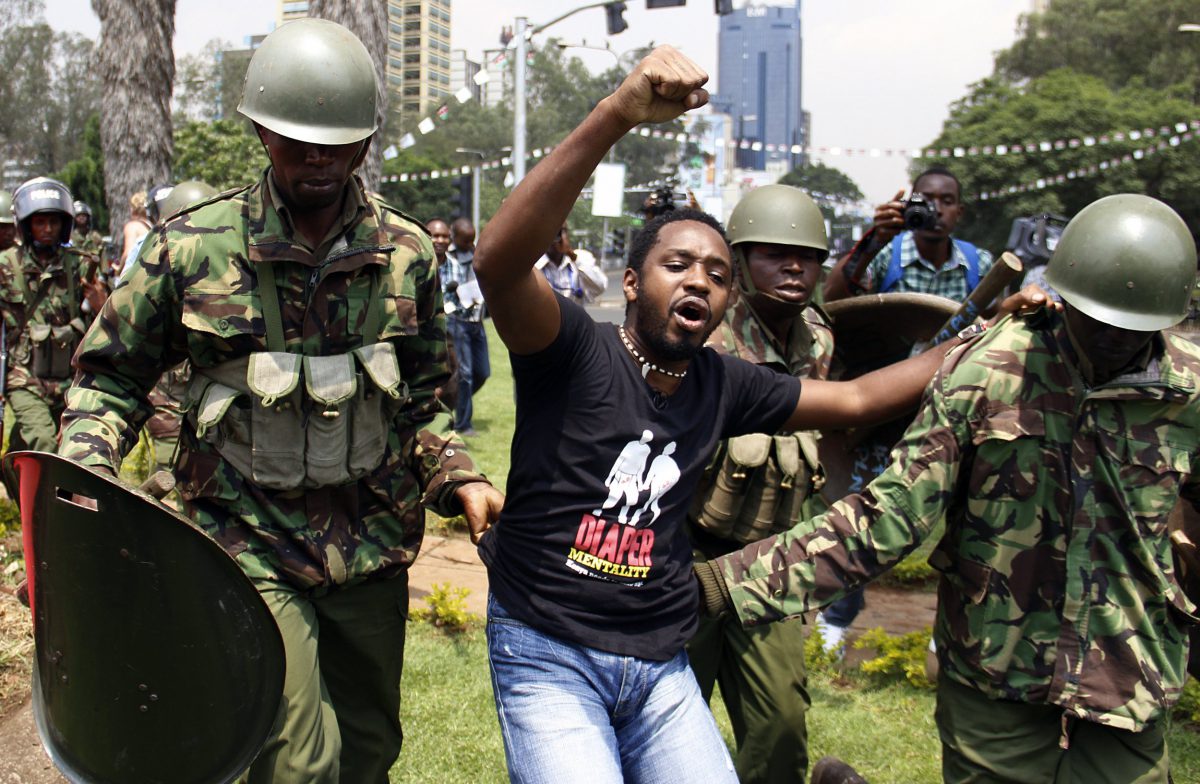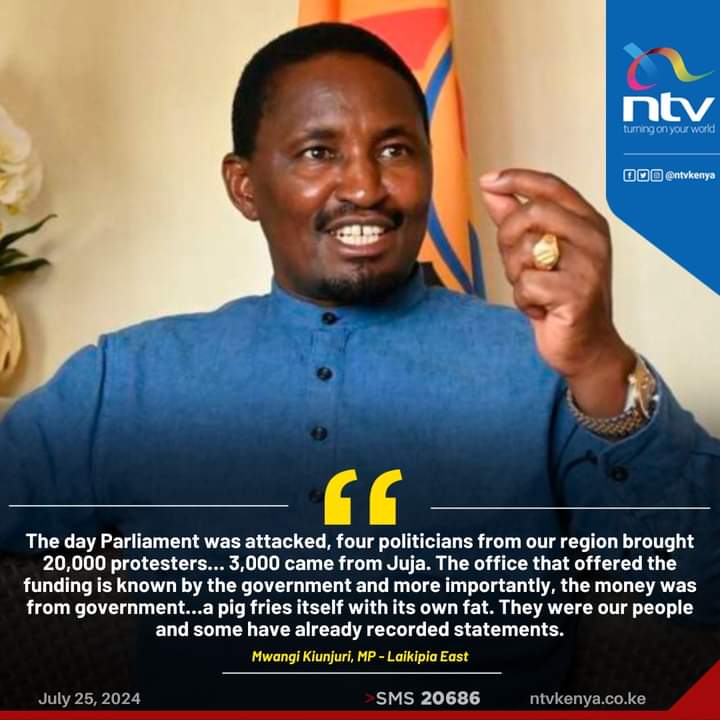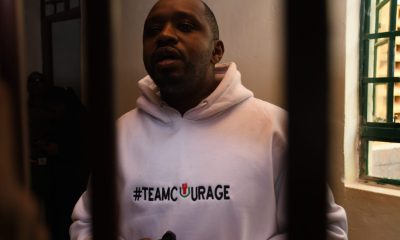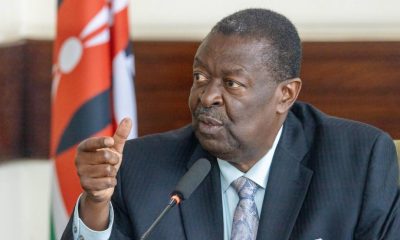News
Boniface Mwangi Hints at DP Rigathi Gachagua Alleged Involvement in Violent Parliament Invasion
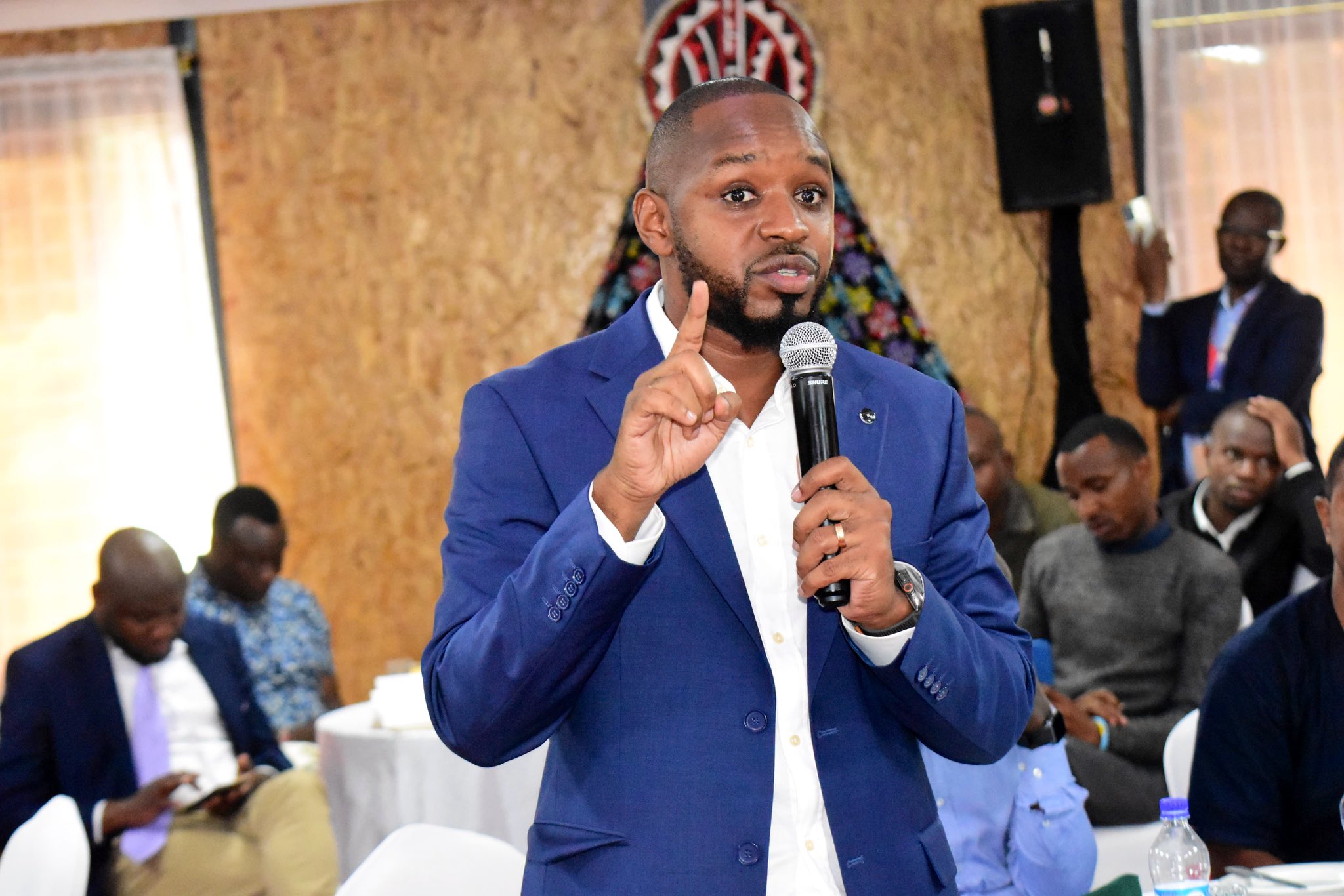
Boniface Mwangi, a renowned activist and photojournalist, has hinted that Deputy President Rigathi Gachagua is under state investigation for allegedly financing the violent invasion of Kenya’s Parliament on June 25, 2024.
The invasion occurred during Gen Z-led protests against the controversial Finance Bill 2024/25, which President William Ruto later withdrew.
Mwangi Kiunjuri, Laikipia East MP, revealed in an NTV interview that four politicians from the Mt. Kenya region organized 20,000 protesters, with 3,000 coming from Juja.
He claimed government funds supported this protest, and authorities were aware of the involved office.
Kiunjuri’s statements have intensified the political turmoil, challenging the government to address these allegations and restore public order.
Protests and Government Response
Protesters clashed with police during the demonstrations, escalating into the storming and partial burning of the Parliament building.
President Ruto deployed military forces to assist the National Police Service in managing the unrest.
A government gazette stated, “Pursuant to Article 241 (3) (b) of the Constitution of Kenya… the Kenya Defence Forces is deployed on the 25th June, 2024, in support of the National Police Service in response to the security emergency caused by the ongoing violent protests.”
Boniface Mwangi’s Allegations
Boniface Mwangi’s allegations have further fueled the fire. Reports suggest the state is now pursuing those suspected of orchestrating the invasion.
Several protesters were fatally shot, and many were admitted to Kenyatta National Hospital with bullet wounds, raising the stakes in the political crisis.
President Ruto’s Address and Withdrawal of the Finance Bill
President Ruto, in his address to the nation on the night of the incident, condemned the violence, blaming criminals disguised as Gen Z protesters.
He announced the withdrawal of the Finance Bill the following day to quell the unrest.
However, DP Gachagua blamed Noordin Haji, Director General of the National Intelligence Service (NIS), for failing to provide timely information about the protests’ magnitude.
Political Accusations and Responses
“We have a dysfunctional National Intelligence Service that has exposed the President, the government, and the people of Kenya,” Gachagua stated.
Amid rampant rumors, government bloggers suggested Gachagua financed the violent protests.
The government also accused former President Uhuru Kenyatta of sponsoring the chaos, complicating the political landscape further.
Impact on President Ruto’s Administration
The ongoing protests have put President Ruto in a difficult position as he struggles to restore order and address demonstrators’ grievances.
To strengthen his political base, Ruto expanded his cabinet to include vocal politicians allied with Opposition Chief Raila Odinga.
Kiunjuri’s Statements and Political Polarization
Kiunjuri’s assertion that youths from Juja were paid to storm Parliament adds complexity to the situation.
As a key ally of President Ruto, Kiunjuri’s statements have further polarized the political environment.
The government’s response to these allegations and its ability to manage the ongoing unrest will be critical in determining the stability of Ruto’s administration.
Controversial Finance Bill and Public Outcry
The Finance Bill 2024/25, seen as highly punitive by many Kenyans, particularly the youth, proposed tax increases and austerity measures perceived as disproportionately affecting the lower and middle classes.
Future Implications for DP Rigathi Gachagua
As the nation grapples with the aftermath of the Parliament invasion and the broader political implications, the spotlight remains on Deputy President Rigathi Gachagua.
If proven true, the accusations against him could have far-reaching consequences for his political career and the stability of the current administration.
The government’s investigation into the funding and organization of the protests will be crucial in uncovering the truth and holding those responsible accountable.
Call for Transparency and Reform
Boniface Mwangi’s challenge to Mwangi Kiunjuri and the subsequent public discourse highlight deep-seated issues within Kenya’s political landscape.
Corruption, misuse of government funds, and political manipulation remain significant concerns. The events of June 25, 2024, have brought these issues to the forefront.
As Kenya navigates this tumultuous period, the need for transparency, accountability, and genuine political reform has never been more apparent.
The coming weeks and months will be critical in determining the direction of the country’s political future and the ability of its leaders to address the root causes of the unrest.
Former Kiambu Governor William Kabogo also responded to Kiunjuri’s post, challenging him to name the obvious person as he sympathized with “RugyG,” cleverly hinting at Rigathi Gachagua, the Deputy President.
Kenya Insights allows guest blogging, if you want to be published on Kenya’s most authoritative and accurate blog, have an expose, news TIPS, story angles, human interest stories, drop us an email on [email protected] or via Telegram
-

 Grapevine1 week ago
Grapevine1 week agoAlleged Male Lover Claims His Life Is in Danger, Leaks Screenshots and Private Videos Linking SportPesa CEO Ronald Karauri
-

 Lifestyle2 weeks ago
Lifestyle2 weeks agoThe General’s Fall: From Barracks To Bankruptcy As Illness Ravages Karangi’s Memory And Empire
-

 Grapevine4 days ago
Grapevine4 days agoRussian Man’s Secret Sex Recordings Ignite Fury as Questions Mount Over Consent and Easy Pick-Ups in Nairobi
-

 Investigations2 weeks ago
Investigations2 weeks agoEpstein Files: Sultan bin Sulayem Bragged on His Closeness to President Uhuru Then His Firm DP World Controversially Won Port Construction in Kenya, Tanzania
-

 Investigations2 days ago
Investigations2 days agoMulti-Million Dollar Fraud: Three Kenyans Face US Extradition in Massive Cybercrime Conspiracy
-

 Investigations1 week ago
Investigations1 week agoEpstein’s Girlfriend Ghislaine Maxwell Frequently Visited Kenya As Files Reveal Local Secret Links With The Underage Sex Trafficking Ring
-

 News2 weeks ago
News2 weeks agoState Agency Exposes Five Top Names Linked To Poor Building Approvals In Nairobi, Recommends Dismissal After City Hall Probe
-

 Business1 week ago
Business1 week agoM-Gas Pursues Carbon Credit Billions as Koko Networks Wreckage Exposes Market’s Dark Underbelly

